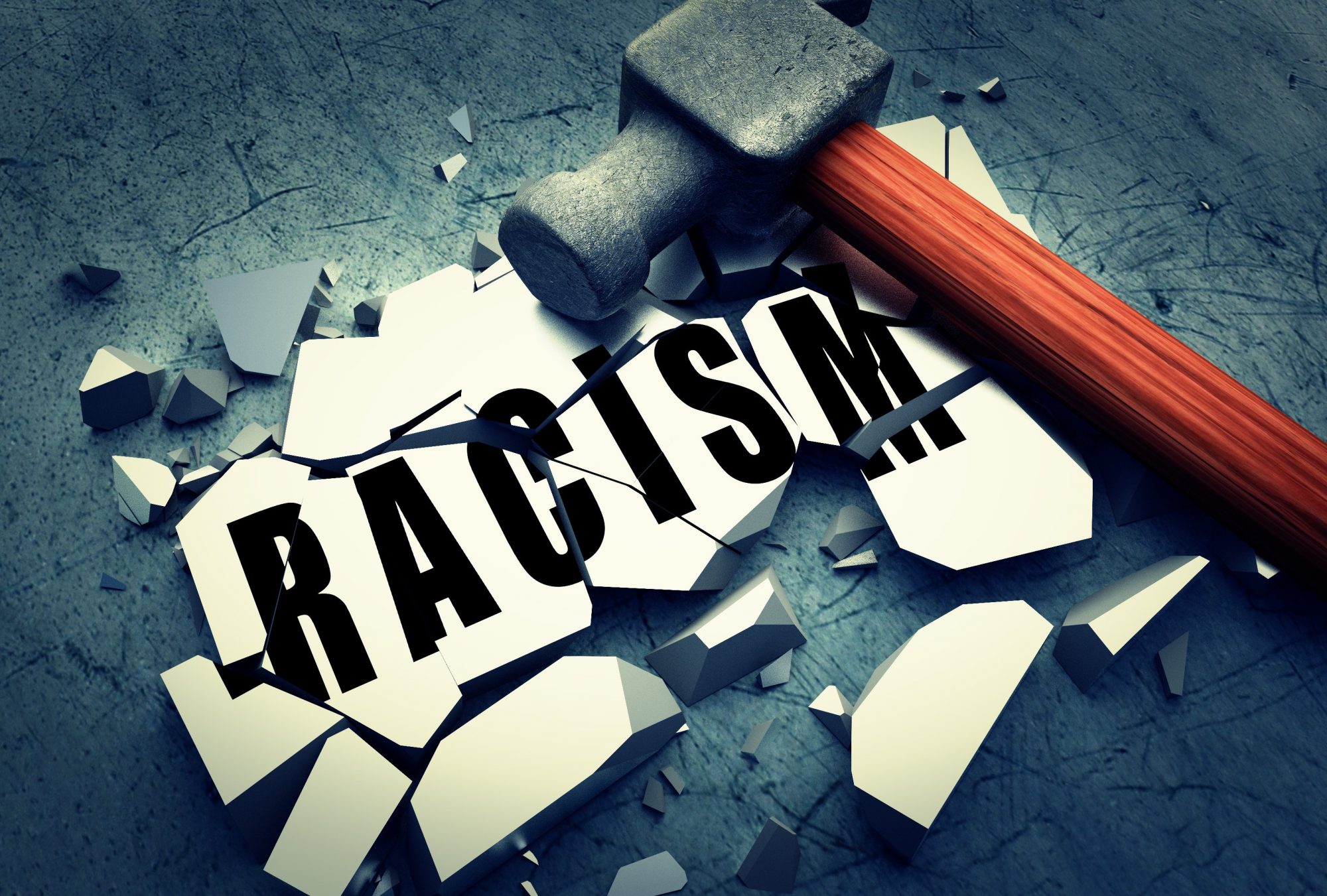In a country as racialized as the United States, it is important to analyze how race intersects with politics. Politicians can impact public opinion and voters can eventually shape political talking points. Discussing race and racism in politics can be a conversation starter or a conversation killer. Understanding how to do the former is crucial as a first step to unpack racism in politics and greater society.
In today’s class, we specifically drew from three chapters in Ian Haney López’s “Dog Whistle Politics”. López wrote about how politicians get away with racism, how commonsense racism came to be and what stakeholders can do moving forward.
We began the class by understanding the brief history of race in politics, and how the G.O.P. and the Democratic Party used to have beliefs and voter bases that are polar opposites of their current statuses. (Historical context is often an important frame for discussion.) Then, we looked at cases of dog whistle politics in recent U.S. and global events.
We considered how the 2018 Florida gubernatorial election paralleled the “racial jiujitsu” mentioned in the readings. There were also the smear campaigns directed at President Obama during his terms involving birtherism, vacation days and food stamps, which drew from stereotypes of “the lazy black man”, and the racialization of Islamophobia and xenophobia. I also introduced cases of racial politics in Singapore, Malaysia, and Indonesia for a broader global context of the same issue.
This class’ discussion tied back to previously introduced sociological concepts such as Bonilla-Silva’s colorblind ideology and colorblind racism and DiAngelo’s idea of white fragility. Colorblind ideology is often employed by politicians who claim not to see race and that it doesn’t matter. This belief makes it easier for politicians to appeal to white voters, brush off acts of racism they get called out for and support policies that are not race-conscious.
The class responded to all these issues the same way I did, with outrage, confusion, and general shock. The “I’m A Racist” ad and the “Willie Horton” ad sparked much discussion; we couldn’t believe how blatant and tone-deaf both were. The first was a representation of white victimization and white fragility in the media, and parallels the reading’s strategy for how politicians get away with racism: they make being called a racist a personal attack, act as victims and claim past support for nonwhite figures to justify how they could not possibly be racist. The second ad does a good job of showing how blatantly racist political advertising was a few decades ago, displaying how stereotypes of the Iconic Ghetto are mapped and pinned to black bodies and exploited for a white man’s political gain.
There were several lingering cases and questions we didn’t have a chance to examine as a class. We wanted to touch on the congressional race in the 19th district of New York, analyze the William Horton ad in greater depth, and debate whether each of us agreed with the appointment of nonwhite figures such as Clarence Thomas to positions of power, and the costs and benefits of such appointments.
We can further use the strategies that López talked about in the reading to scrutinize how race plays a part in the upcoming 2020 U.S. presidential elections. Are there nonwhite figures that have a lot of support from white voters but lack support from people of color? Are there politicians who are race-baiting, race pandering or employing dog whistle politics? Are politicians’ racist acts subtle, following recent trends, or are they loud and blatant? And are voters reacting in line with how López suggested they would? These are all questions we can ask ourselves as the elections play out to see how much has changed since the time of Clint Bolick.

My senior year of high school, I took US History, and we watched the Willie Horton ad as a supplement to the teacher’s lesson on George Bush’s presidency and the Reagan era. However, we barely discussed the racist undertones of the ad, either because no one in the class heard the blatant dog whistle, or the teacher didn’t think it was notable. It’s crazy to think about in hindsight, and it goes to show that we are taught to ignore or at least avoid talking about race all the time.